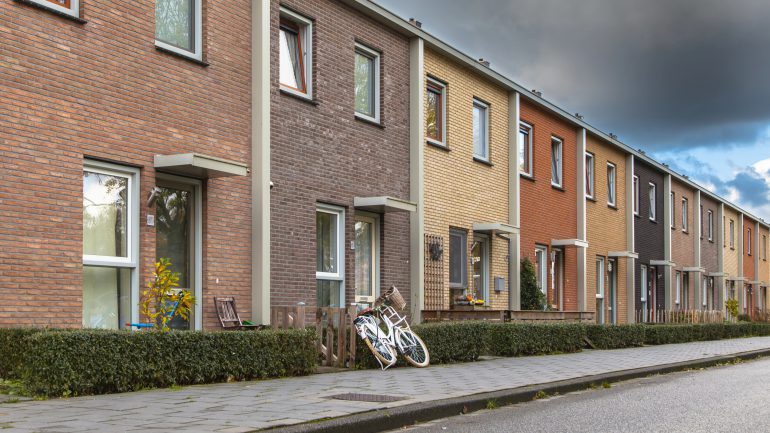Last month, the Dutch secretary of Housing and Urban Planning (VRO), Mona Keijzer, announced that rents for social housing will not increase this year and next year, as they usually do on 1 July. With the rent freeze for social housing, the government intends to stop increased costs for social housing tenants. It will compensate social housing corporations 1.1 billion euros over the next three years (270 million for 2025, 270 for 2026, and 405 million in both 2027 and 2028). That might sound like good news, but in the long term, the rent freeze may not benefit renters and the housing market in general.
Good intentions gone sour
Both social housing corporations and renters are not happy with the rent freeze. The social housing market is more complicated than it appears. Currently in the Netherlands there is a chronic shortage of social housing, and housing in general. For the year 2025, the government had decided that housing associations were allowed to increase rents by an average of 4.5 percent. Based on this agreement, the Ministry of Housing and social housing corporations aimed to increase the construction of new social houses from 18,000 in 2023 to 30,000 per year. However, with the newly imposed rent freeze, social housing corporations argue that it is no longer financially viable to invest in new houses, and that they will be missing out on 3 billion euros over the next three years which would be used to finance the construction of new social housing.
Structural shortage of affordable housing
According to the Dutch Ministry of Housing, the Netherlands has 8.385 million households and in 2024 faced a shortage of 401,000 homes, which is 4.9% of the entire housing market. The lack of housing is not only a Dutch phenomenon. In the US, there is a shortage of over 4.5 million homes; the lack of homes has driven up real estate prices, making it more difficult for new starters to enter the housing market. When consumers pay higher costs for housing, that will eventually affect the entire economy, as they will have less money for food and other goods and services which keep the economy afloat.
In the Netherlands. the demand for housing is based on several factors, including an expected increase in the Dutch population. In the next 25 years the country’s population is expected to grow from its current 18 million to circa 23 million. But there is also another factor in play: the growing trend of one-person households. According to Statistics Netherlands, 40% of the households are one-person, and this percentage will increase due to an aging population and the individualization of society. Therefore, the building of new homes is essential if housing corporations are going to meet the growing demand.
According to last year’s prognosis, by 2028 the country will have a housing shortage of 218,000 homes, or 2.3% of the housing market. But the Minister of Housing’s rent freeze could stop further investment by housing corporations that have planned to build new homes, as they will have less income.
Renters are also angry
According to a report by broadcaster NOS, the association of social renters Woonbond was initially happy with the rent freeze. But only a couple of days later, Woonbond figured out what the long-term effects of the rent freeze would be for social housing corporations’ other investments: there will be no funds to make homes more sustainable by insulating homes, installing electric heat pumps and replacing gas-heated boilers. The freeze on rents also means that the incomes of tenants of social housing will increase if they get pay raises, which puts them in a higher income bracket, so that they can no longer qualify for rent subsidies. However, the last word has not yet been said. More than two hundred housing corporations headed by umbrella organization Aedes are preparing a lawsuit to stop the rent freeze. Time will tell.
Written by Benjamin B. Roberts
